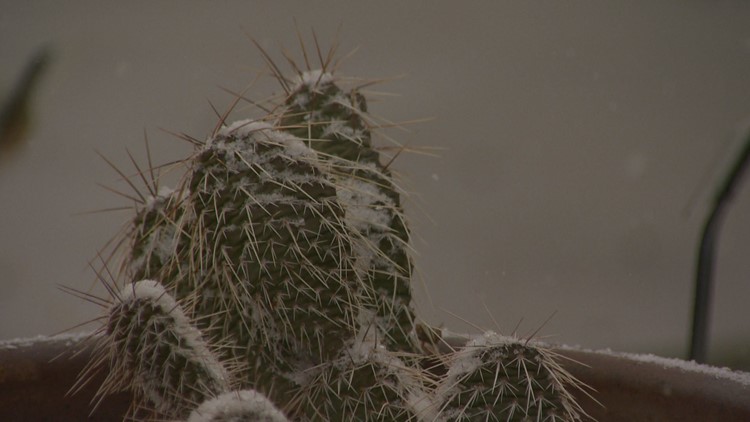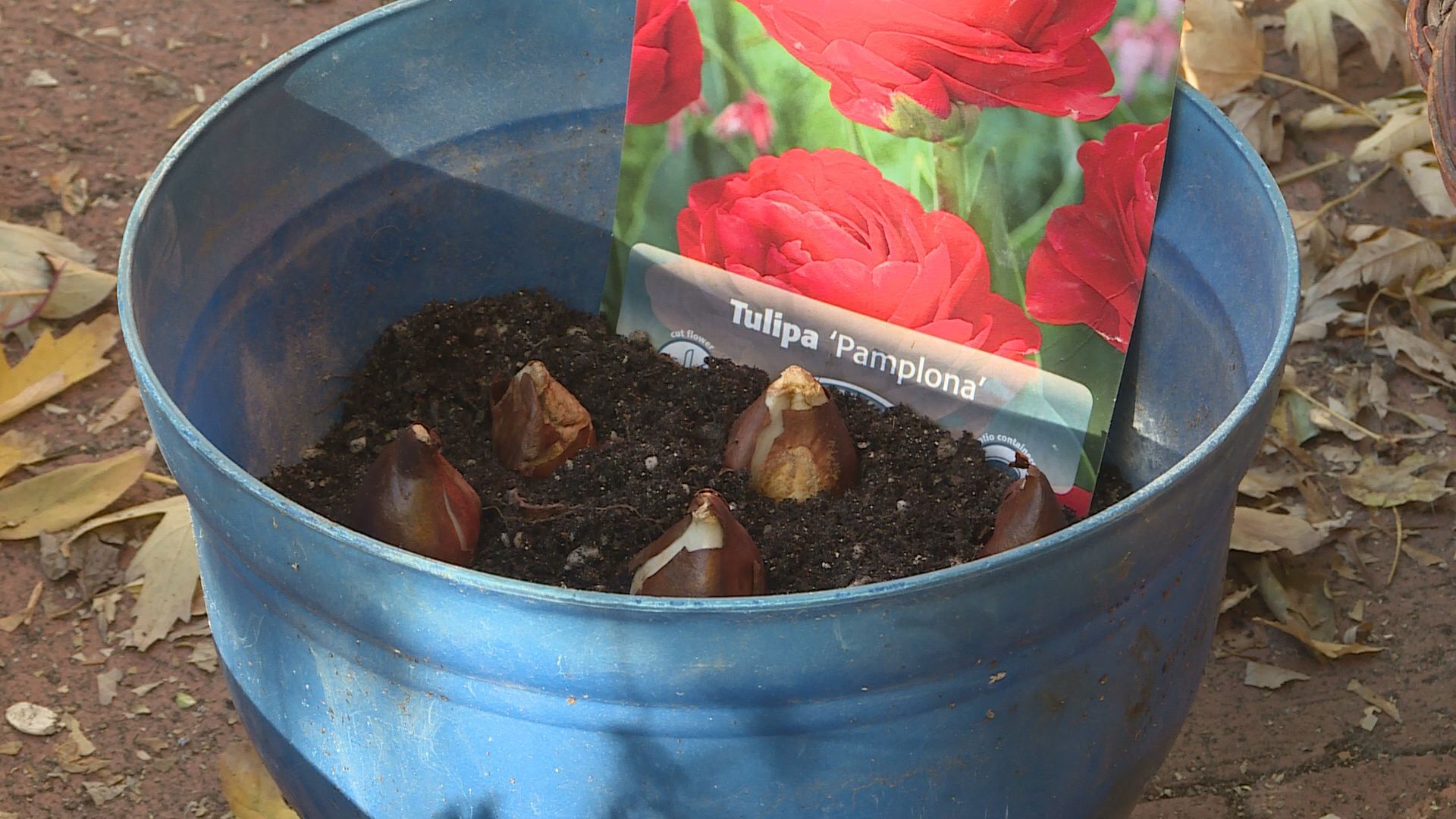Are you worried about how cold weather and freezing temperatures will affect your garden?
Here's the thing: Whether you need to cover or not depends on what you've planted.
Cool season flowers and vegetables will probably be just fine without protection.
Hot season flowers and vegetables will need to be covered or brought inside. To cover, use cotton sheets, tablecloths or towels.
RELATED: Colorado weather forecast
Polyester sheets or plastic bags are ineffective at keeping out cold. Insert bamboo sticks or other supports before covering so that the weight of the wet sheets doesn't break the plants beneath. Secure the sheets to the supports with clothespins or chip bag clips.
Plants most at risk:
Tomatoes, peppers, eggplant, basil, squash family (cucumbers, melons), impatiens, salvia, sweet potato vine, impatiens, marigolds, zinnia, coleus
Medium risk:
Geraniums, begonia, petunia, sweet alyssum, verbena, nemesia, gerbera daisy, lobelia, flowering tobacco, dahlia, fuchsia
Low risk:
Pansy, kale, cabbage, peas, lettuce, spinach, parsley, cilantro, cauliflower, broccoli, onions, potatoes, sweet pea, stock, artichoke
While cold temperatures above freezing may not kill the plants most at risk, it may stunt their growth. They may never snap out of it.
Most perennials will be fine, although heavy snow could bend them down. Consider using buckets or trash cans to cover them.
SUGGESTED VIDEOS | Feature stories from 9NEWS



